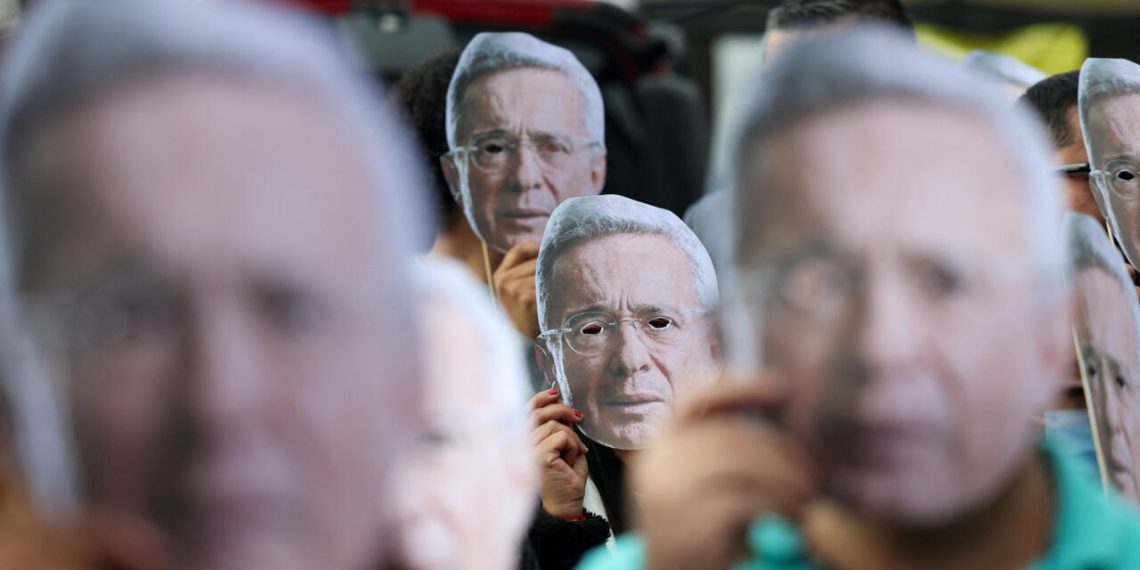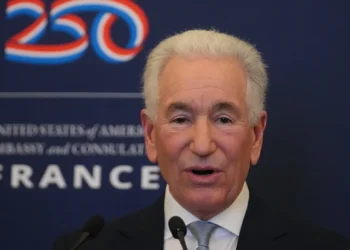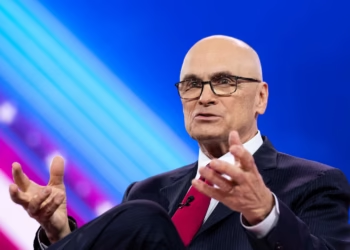BOGOTÁ (Realist English). Colombia’s former president Álvaro Uribe, one of the most influential and polarizing figures in the country’s modern history, was convicted on Monday of bribing a witness and obstructing justice — the first time a Colombian head of state has been found guilty of a crime.
The verdict stems from a nearly 13-year legal battle centered on allegations that Uribe attempted to manipulate testimony by a former paramilitary member who had accused him of founding and financing a death squad in the 1990s, during Colombia’s bloody internal conflict.
Presiding over the case, Judge Sandra Liliana Heredia declared, “Justice does not kneel before power — it serves the Colombian people,” as she began delivering the verdict, expected to take 10 hours in full.
Uribe, 73, appeared virtually from his estate near Medellín, shaking his head in disapproval as the ruling was read. While sentencing has yet to be announced, the charges carry a prison term of six to twelve years.
Uribe’s legal team immediately vowed to appeal. “This is not the end,” said defense lawyer Juan Felipe Amaya, speaking outside the court. “We respect the decision, but we believe it is flawed and we will prove so on appeal.”
Uribe served as president from 2002 to 2010, overseeing an aggressive counterinsurgency campaign against FARC rebels. Widely credited with restoring order and attracting foreign investment, his presidency was also marred by serious human rights abuses, including the infamous “false positives” scandal, in which thousands of civilians were killed by the military and falsely presented as guerrillas.
He has also long faced accusations of collusion with right-wing paramilitaries. The current conviction, however, centers not on his presidency, but on his alleged efforts to interfere with judicial proceedings after leaving office.
The ruling comes at a time of heightened instability in Colombia. Armed groups are regrouping amid stalled peace talks with the administration of President Gustavo Petro, a former guerrilla leader. National elections are expected next year, adding further volatility to an already charged political environment.
The case has sharply divided public opinion. Senator Miguel Uribe Turbay — a prominent conservative who is not related to the former president — survived an assassination attempt in Bogotá on June 7, underscoring the country’s tense climate.
International reactions were swift. U.S. Secretary of State Marco Rubio, writing on X, defended Uribe as a patriotic leader and condemned the ruling as politically motivated. “Uribe’s only crime has been to defend his homeland,” Rubio stated. “Weaponising the judiciary sets a troubling precedent.”
But legal experts pushed back on that view. “This is not about Uribe’s legacy as president,” said Sergio Guzmán, director of Colombia Risk Analysis. “This is about whether he conspired to fabricate testimony, manipulate evidence, and obstruct the judicial process. The law must apply equally to all — even former heads of state.”
The conviction is seen as a test case for the independence of Colombia’s judiciary — and a turning point in how the country deals with the legacy of its most powerful political actors.


















